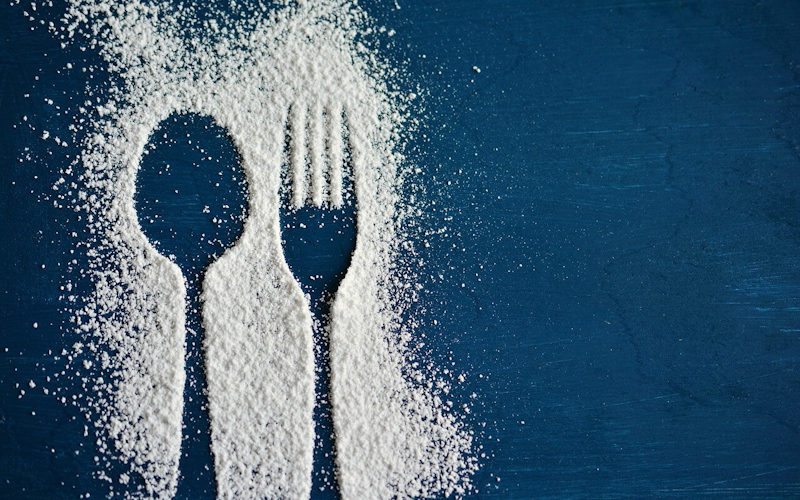What are Superfoods?
You’ve probably heard countless times about the nutritional benefits of commonly labeled “superfoods,” such as kale, salmon and blueberries. And although there’s no official scientific definition of a superfood, it’s generally accepted that superfoods contain high levels of much-needed vitamins and minerals. They can also be a source of antioxidants, substances that shield our bodies from cell damage and help prevent disease. While there are a number of common foods that provide these nutrients, there are also several more exotic and less mainstream superfoods that are worth knowing.
One example is cacao powder. It contains flavonoids, which are known to help lower blood pressure and improve blood flow to the brain and heart. It contains fewer than 15 calories per tablespoon and almost no fat. Cacao provides a strong chocolate flavor without the guilt. Before buying, be sure to read the label. Choose the raw or nonalkalized version, which contains all the phytochemicals and antioxidants. Try adding the powder to smoothies, healthy brownies or other healthy goodies for a rich chocolaty taste.
Chia seeds have become all the rage among superfood seekers. They are packed with omega-3 fatty acids, fiber, and calcium. If you don’t consume a lot of fish, they’re a great way to get plant-based omega-3s in your diet. They have a great taste, crunch, and nutty flavor. Keep them nearby, so you can easily shake them on oatmeal, smoothies, salads, or stir-fries.
Native to the rainforests of South America, the açai is a small purple berry that has been promoted as a weight-loss and anti-aging aid. It contains very high levels of antioxidants in the form of anthocyanins, which help fight cancer and heart disease. It also contains the same heart-healthy fat, oleic acid, that’s in olive oil. Because fresh açai is often unavailable, it’s typically sold frozen or in tablets, powders, or juices. Buy packs of unsweetened frozen açai or powders that you can blend with veggie juices or smoothies.
Sea-grown vegetables, such as seaweed, are packed with omega-3 fatty acids that may prevent a heart attack or stroke. Seaweed also contains important minerals, such as calcium, magnesium, iron, potassium, iodine, and zinc. You can incorporate seaweed into the diet by taking sheets of nori—the kind they use for sushi—and layering on some cooked brown rice and sliced vegetables. Then, roll it all together to make a quick, healthy wrap. Beyond nori, you can choose from a variety of seaweed, such as dulse, arame, hijiki, wakame, and kombu.
Give yourself a health boost with commonly labeled superfoods along with these lesser-known powerhouse foods.
Load Comments

















